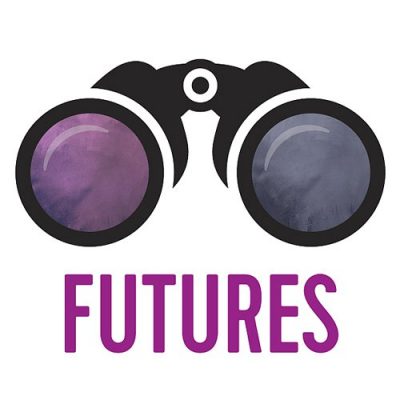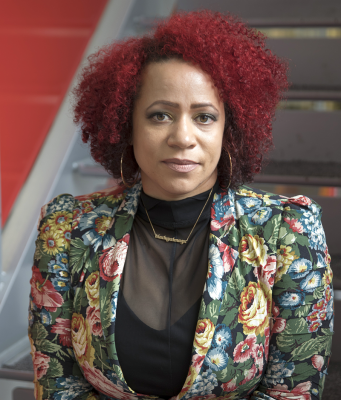Resistance Training May Improve Nerve Health, Slow Aging Process
Simple resistance training may help counteract age-related nerve deterioration that puts seniors at risk of injuries from falls and other accidents, according to cross-institutional research led by postdoctoral researcher JoCarol Shields and Department of Exercise Science Professor Jason DeFreitas. The…


 As we collectively navigate through a global pandemic, pursue social justice on multiple fronts and seek answers to the global warming crisis, “Futures,” the theme of this year’s Syracuse Symposium hosted by the
As we collectively navigate through a global pandemic, pursue social justice on multiple fronts and seek answers to the global warming crisis, “Futures,” the theme of this year’s Syracuse Symposium hosted by the 